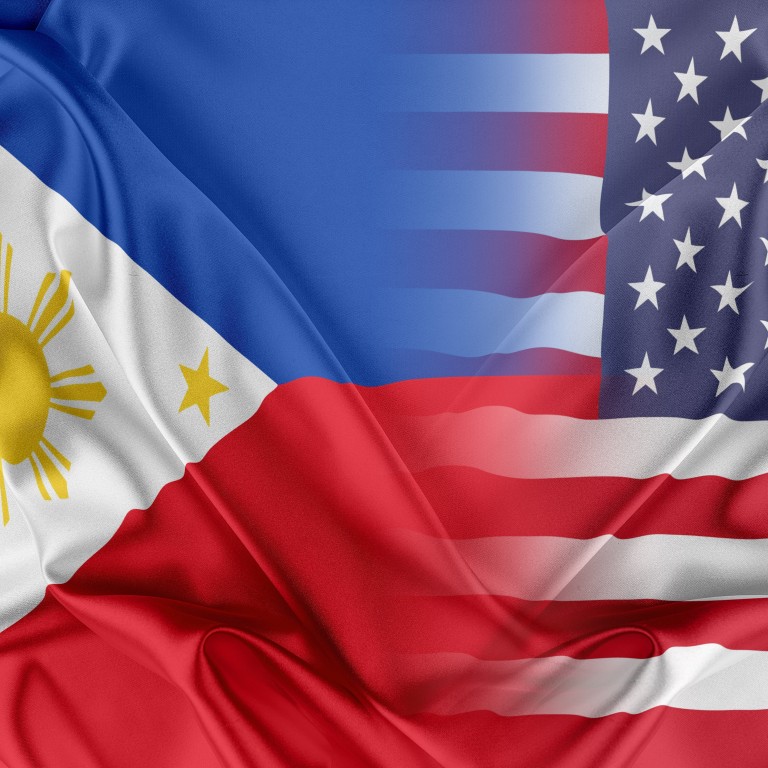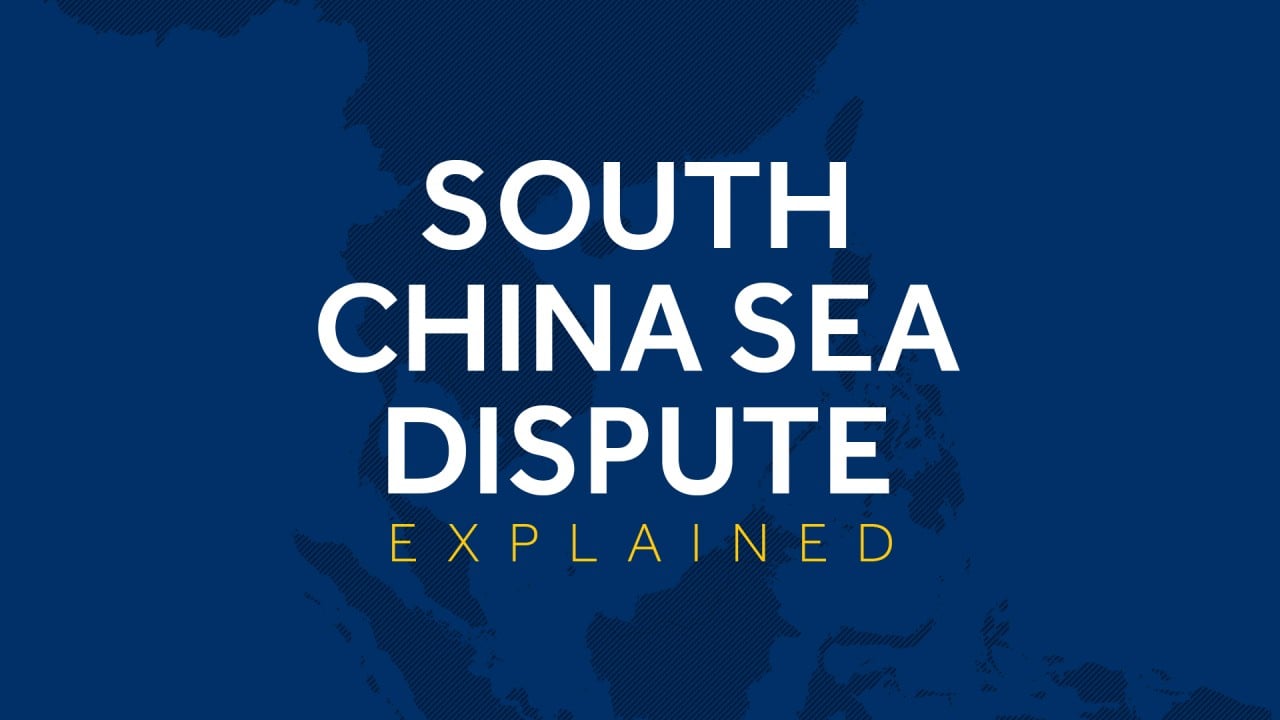
Can the US enlist the Philippines to help contain China in the Indo-Pacific?
- Chinese coastguard law may give pro-US faction in Manila upper hand after President Rodrigo Duterte’s hostility to Washington
- Observers say the Philippines is key to US plans for a strong regional counterbalance against Beijing’s influence
The United States will be looking to restore its security alliance with the Philippines, including a renewal of their military pact, as it seeks to build a stronger regional counterbalance against China, observers said.
Why stormy reactions to China’s new coastguard law are overblown
China’s recent passage of a law giving its coastguard service explicit authority to fire on foreign vessels in its territory was seen in the Philippines as “a spear directed against us”, according to Renato Cruz De Castro, a professor of international relations at De La Salle University in Manila.
“Within the [Philippine] government, there is a pro-China faction and a pro-America faction. It seems now the pro-America faction has become dominant … mainly because of China’s recent action, the new law of China regarding the coastguard,” he said.
In South China Sea, Philippines fights itself over Beijing’s coastguard law
Dindo Manhit, head of the Manila-based Stratbase ADR Institute for Strategic and International Studies, said a discussion on the future of the VFA was timely and necessary, because of the tensions and security threat in the South China Sea.
“Especially now that China has ‘legalised’ the jurisdiction of maritime vessels, and also considering the way China navigates established international norms and policies, the Philippines will need the support of the US and other allies in the region to increase its own maritime and defence capability,” he said.
Duterte pulled the plug on the VFA in February last year, in an angry response to the revocation of a US visa held by a former police chief-turned-senator who led his war on drugs.
The agreement, which started in 1998, provided the legal framework for US troops operating on rotation in the Philippines. It covered rules for the import and export of US equipment and jurisdiction over US troops accused of committing crimes in the country.
The US has been reviewing its strategy in the Indo-Pacific region to counterbalance Beijing, with more drills and exercises with its allies. Last year, it even suggested creating a new naval fleet, possibly based in Singapore, but the plan was rejected by the city state.

03:23
The South China Sea dispute explained
The role of the Philippines would be crucial for the US in the region because Manila was politically closer to the US, observers said.
Tian Shichen, a retired Chinese navy captain, said the Philippines was key to maintaining US dominance in the first island chain, which runs from Japan through Southeast Asia.
“First, the Philippines is one of the South China Sea nations. And it guards the passage to and from the western Pacific, providing a lot of convenience for leaving and entering the South China Sea. Other South China Sea nations, such as Malaysia and Vietnam, do not have such passage,” he said.
“The Philippines will be geographically very important to the US. Biden will boost cooperation with allies, and will certainly push for closer ties with the Philippines.”
US can hit China’s three big weaknesses to curb global ambition: report
Shi Xinxiang, from Dalian Maritime University in northeastern China, said the Philippines was, in some ways, a “role model” for other South China Sea claimants in their handling of China. For example, he said, when the Philippines took the maritime dispute to international arbitration, Vietnam said it would also consider such action.
“The United States is targeting China on the South China Sea, and the South China Sea arbitration case is definitely pointing against China, so the importance of the Philippines is self-evident,” Shi said.
But observers said it remained to be seen how close the Philippines and the US would get, given that Duterte was criticised by the Obama administration – in which Biden served as vice-president – over human rights abuses committed in his war against drugs.
China embassy tells Manila not to worry about coastguard licence to fire
Collin Koh, a research fellow with the S. Rajaratnam School of International Studies at Nanyang Technological University in Singapore, said there was likely to be a nagging concern that the Biden administration would pursue the issues of democracy, human rights and freedoms in the Philippines.
“This is a potential friction point which, if not handled properly, may well set bilateral ties backwards,” he said.
Richard Heydarian, a professor of geopolitics at the Polytechnic University of the Philippines, also said the Biden administration might tighten the noose around Duterte over human rights. But he added that Duterte would seek to use the VFA as leverage to extract concessions from Biden, including an assurance against further sanctions.
“So I think for the year to come, the alliance will be in limbo, and that’s largely because President Duterte is pushing for a quid pro quo and the Biden administration may not be able to fully satisfy him, or may not even be willing to satisfy him,” he said.
“They may try to just wait it out until the next administration.”


